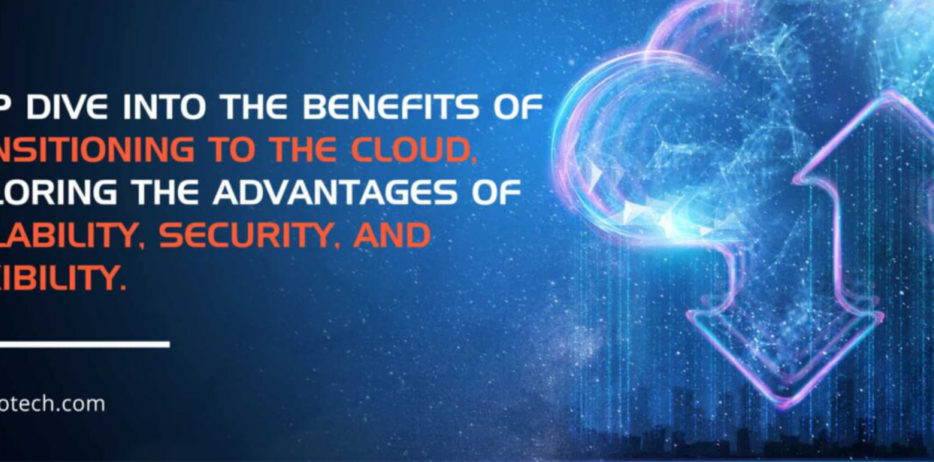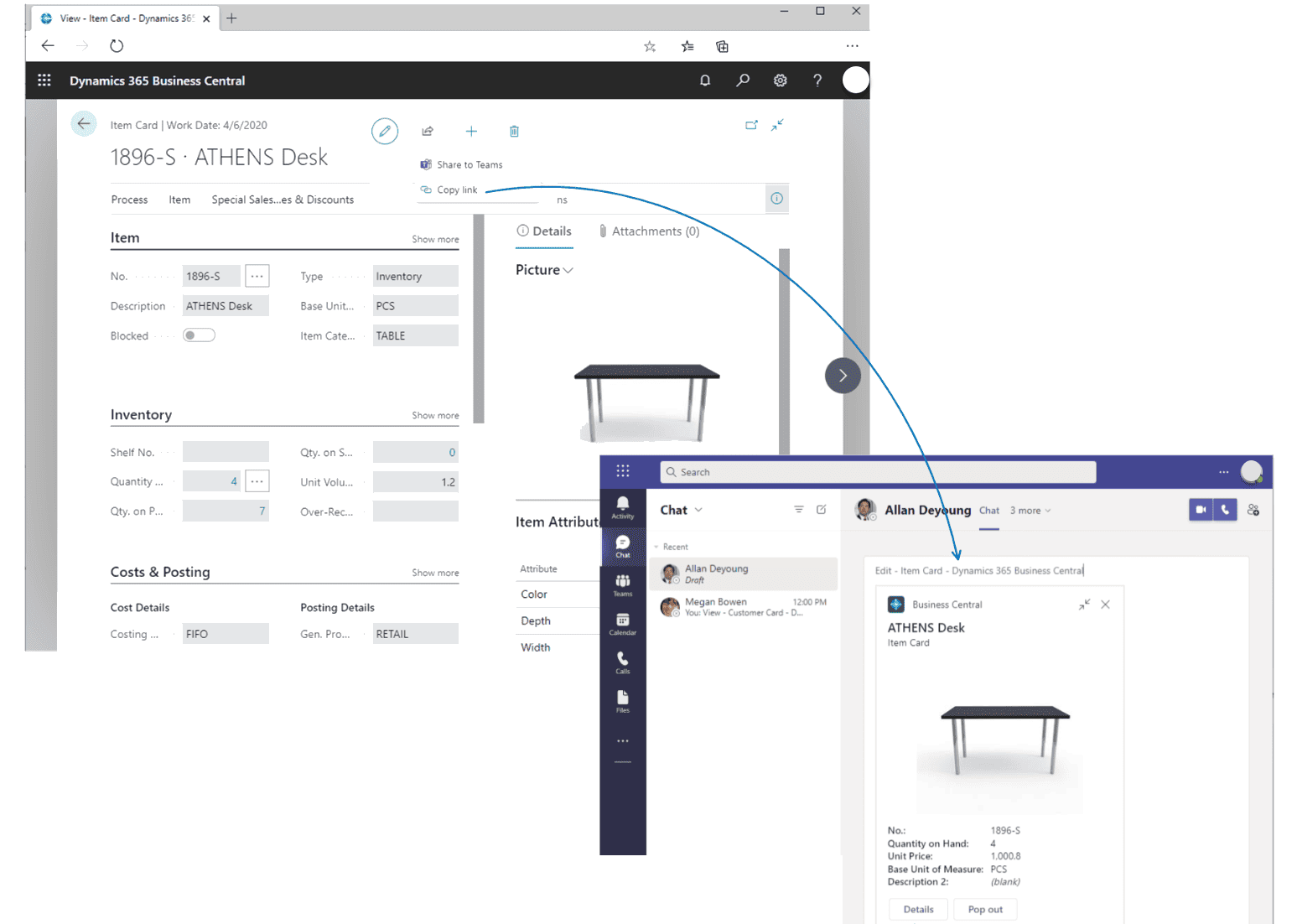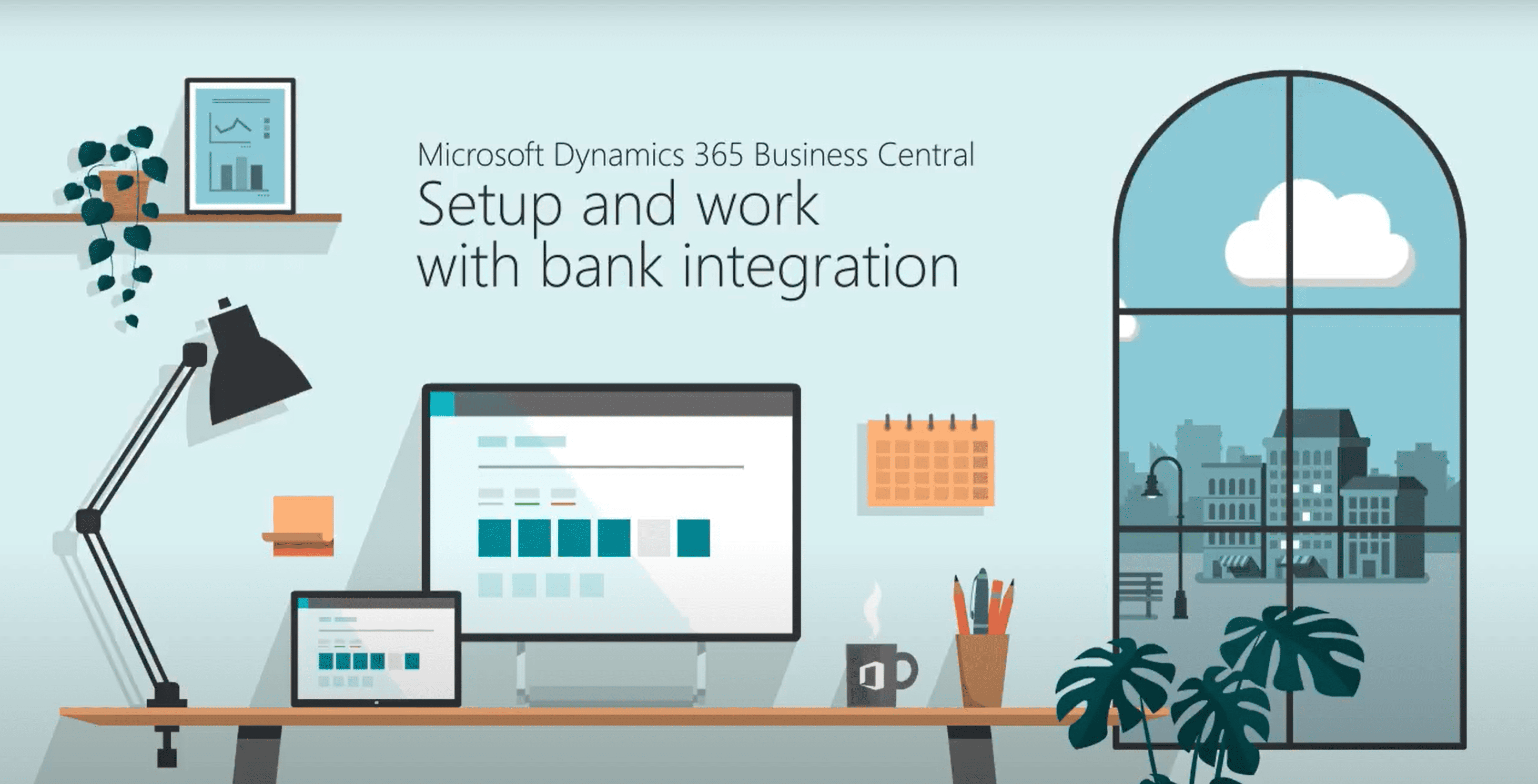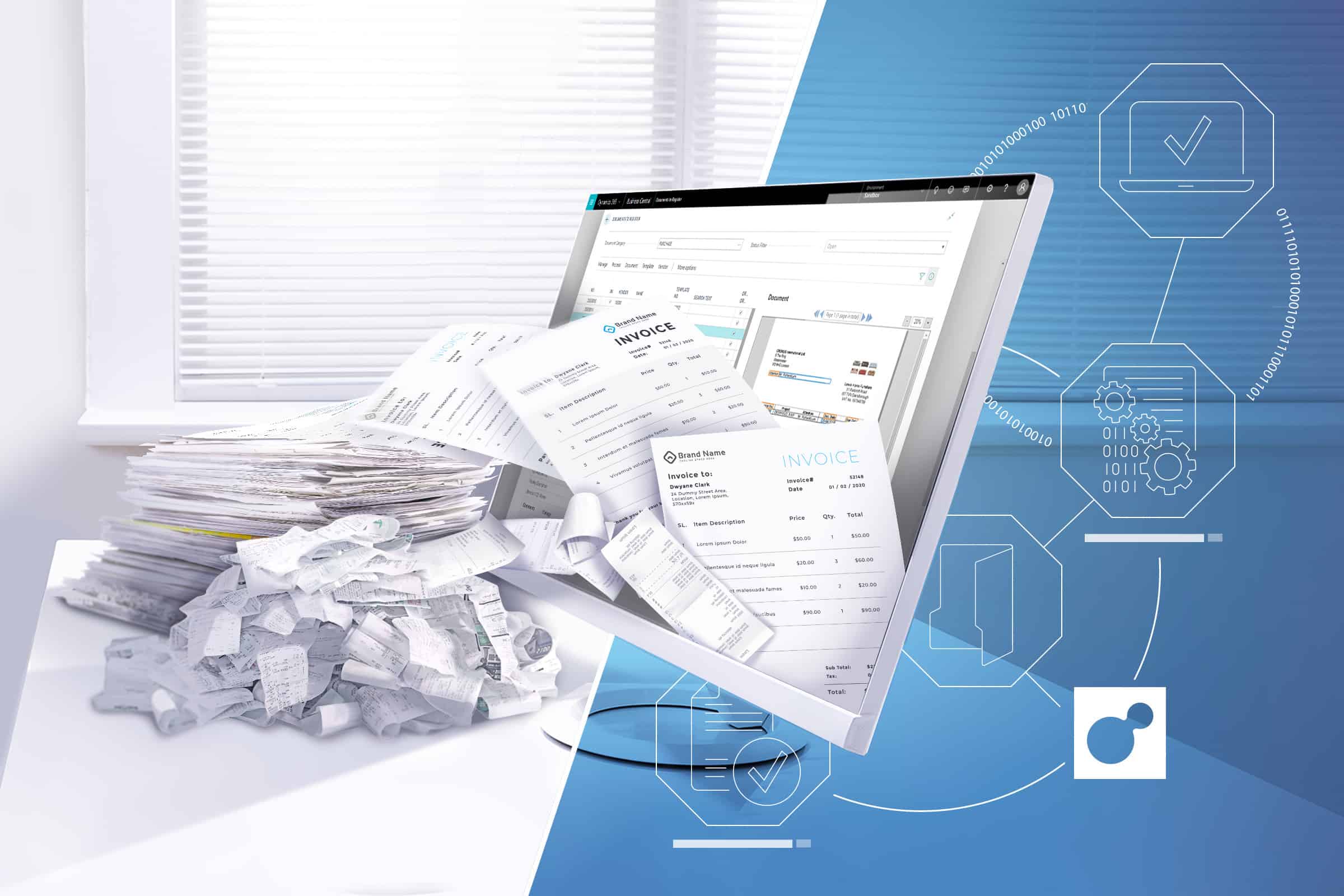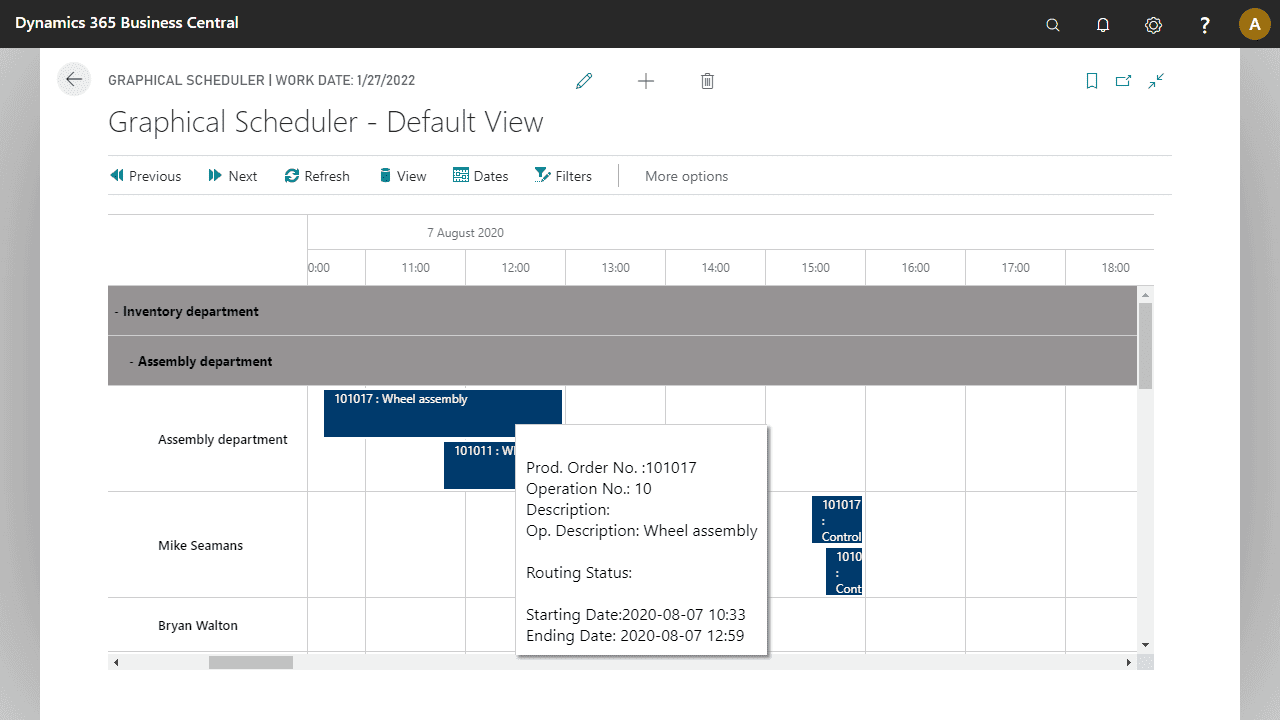In an era where technology is the rudder steering organizational strategies, the transition to cloud computing is not just an upgrade but a business imperative. The cloud's promise extends beyond vast storage or easy access; it's the bedrock of scalability, security, and flexibility in business operations. Within this domain, Microsoft Azure emerges as a frontrunner, offering a transformative cloud experience. This deep dive explores the intrinsic benefits of migrating to the cloud with Azure, underscoring the profound impact on enterprise scalability, iron-clad security measures, and unparalleled operational flexibility.
1. Scalability: A New Realm of Operational Agility
Transitioning to Microsoft Azure introduces businesses to unprecedented scalability. The cloud infrastructure's elasticity allows for the accommodation of sudden workload spikes without the need for massive hardware investments. This scalability is evident in services like Azure Autoscaling, capable of adjusting resource allocation in real-time based on current demands, ensuring consistent application performance under varying loads.
The implication of Azure's scalability is profound, offering businesses the agility to respond to market dynamics swiftly. It means companies can launch products faster, handle unforeseen traffic surges, and support continuous growth, translating into competitive advantage and customer satisfaction.
2. Security: Fortifying Digital Assets
In-Depth AnSecurity in the digital realm is an ever-evolving challenge. Microsoft Azure provides robust security mechanisms, standing guard at the frontlines of digital threats. Its multi-layered security, provided across physical data centers, infrastructure, and operations, is designed to safeguard user data. Advanced features like threat intelligence, DDoS protection, and unified identity management work cohesively to preempt, detect, and mitigate threats.
With Azure, businesses can lean on a security posture that's continuously updated to counter emerging threats, reducing the risk of breaches and data loss. This comprehensive security means companies can operate with the confidence that customer data and intellectual property are protected by cutting-edge defenses.
3. Flexibility: Tailoring Your Digital Framework
Azure stands out for its flexibility, supporting diverse programming languages, tools, and frameworks. Its compatibility with Linux and Windows allows businesses to deploy applications seamlessly, ensuring an environment that aligns with organizational needs. Moreover, Azure's hybrid cloud environment enables enterprises to leverage existing on-premises investments, thereby providing flexibility in managing sensitive data.
This operational flexibility ensures that businesses aren't boxed into legacy systems or incompatible platforms. It allows for a tailored approach to digital solutions, ensuring that companies can pivot and adapt, harnessing the most efficient, innovative technologies as they evolve.
| Feature | Microsoft Azure | AWS | Google Cloud Platform |
| Market Presence | Strong, with deep integration into various industries due to Microsoft's legacy. | Largest share, pioneer in cloud services, broad service array. | Growing presence, known for high-performance computing. |
| Scalability | Extensive global network, seamless scalability options, integrated space for hybrid cloud services. | Highly scalable, broader range of tools for customization, but often complex implementation. | Growing presence, known for high-performance computing. |
| Security | Multi-layered security, vast compliance coverage, integrated with various Microsoft security tools. | Extensive security measures, customizable but complex. | Secure, with layered infrastructure, but relies heavily on external tools for advanced security needs. |
| Pricing Structure | Flexible and predictable pricing offers substantial discounts for upfront, long-term commitments. | Detailed, pay-as-you-go pricing, but costs can escalate with added features and tools. | Uses a long-term usage discount model, but calculations can be complex. |
| Innovation | Flexible and predictable pricing offers substantial discounts for upfront, long-term commitments. | Fast-paced innovation, wide array of new services and tools. | Focuses on high-computing services, big data, and analytics. |
The strategic transition to the cloud via Microsoft Azure is a decision that redefines the operational landscape for businesses. It's a commitment to scalability, allowing companies to navigate the web and flow of demand seamlessly. It's an investment in security, ensuring that enterprises and their customers are shielded from the relentless onslaught of digital threats. And importantly, it's a step towards flexibility, affirming that the organization remains agile and responsive to the ever-changing technological advances. In this light, Azure isn't just a service; it's a strategic partner pivotal to an enterprise's long-term success and resilience.


